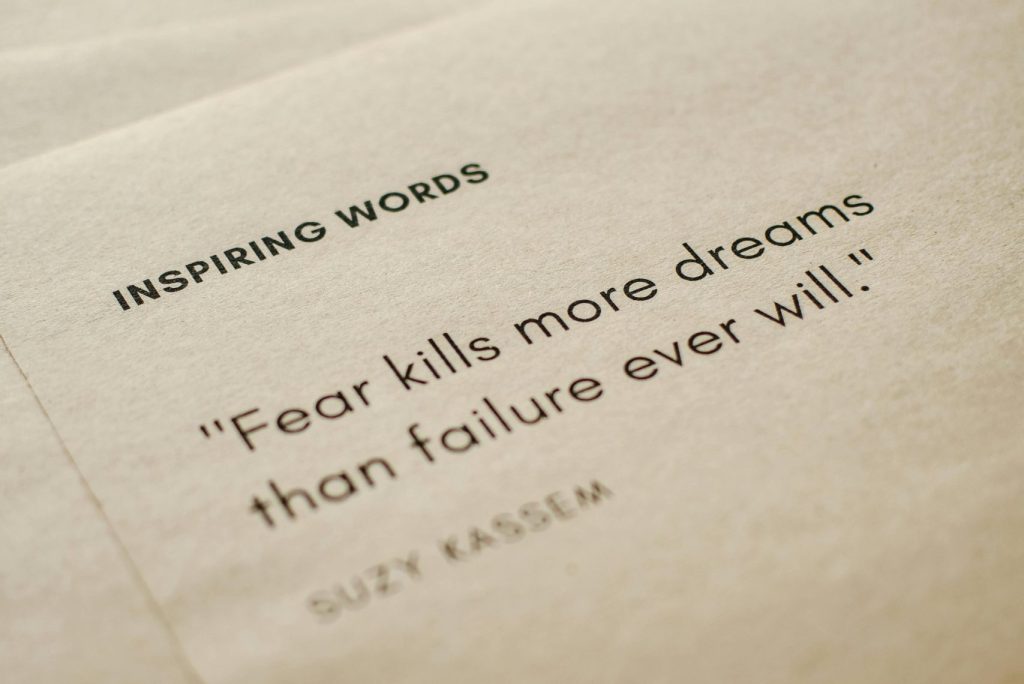The Money Secret I Learned After Managing $1M in Personal Finance
Managing a million dollars taught me a surprising lesson: most beliefs about personal finance are wrong. While many focus on strict budgets and complex investments, The Money Secret lies in a completely different approach to wealth building.
In fact, after years of handling both my own and others’ money management decisions, I discovered that successful financial planning depends more on psychology than spreadsheets. This revelation transformed my entire approach to building wealth. Through this article, I’ll share the unconventional lessons I learned about money that no traditional finance book ever taught me—insights that emerged from real-world experience rather than theory.
Table of Contents
The Wealth Mindset Shift That Changed Everything

My relationship with money fundamentally changed when I realized my financial decisions weren’t primarily driven by numbers—they were controlled by my mindset. This discovery became the cornerstone of my success in personal finance management.
Breaking Free from Scarcity Thinking
Scarcity thinking is the persistent belief that there’s never enough money to go around. This mindset creates anxiety around resources, giving you a constant feeling that you lack sufficient funds regardless of your actual financial situation. When operating from this perspective, every financial decision becomes fear-based.
I recognized my own scarcity patterns: feeling guilty about non-essential purchases, making comparison-based decisions, and focusing obsessively on what I lacked instead of what I had. This mindset wasn’t just making me miserable—it was actively hindering my financial growth.
Scarcity thinking often develops from early life experiences. For many, childhood messages about money being “scarce” or “the source of conflict” create deep-rooted beliefs that persist into adulthood. Others develop this mindset after experiencing financial trauma like debt, bankruptcy, or job loss. My own scarcity beliefs formed during my early career struggles, when I internalized the idea that financial security was perpetually out of reach.
Embracing Abundance Without Reckless Spending
Breaking free from scarcity doesn’t mean adopting a reckless “YOLO” approach to spending. Instead, it means developing what financial experts call an “enough mindset“—knowing you have sufficient resources and you’re doing enough to feel personally fulfilled.
An abundance mindset shifts your focus from “I can’t afford this” to “how can I afford this?” This subtle but powerful reframing opened new possibilities in my financial journey. Instead of seeing money as something to hoard anxiously, I began viewing it as a tool for creating value and opportunities.
The key distinction: abundance thinking isn’t about spending carelessly—it’s about making thoughtful investments that align with your values and goals. This includes paying people fairly, investing in quality, and allocating resources to things that genuinely enhance your life. Consequently, these investments often generate more resources, not less.
The 80/20 Rule of Wealth Building

The one concept that revolutionized my approach to personal finance management was the 80/20 rule—also known as the Pareto Principle. First observed in 1906 by Vilfredo Pareto when he noticed 20% of his pea plants produced 80% of his harvest, this principle applies remarkably well to building wealth.
Identifying Your Highest-Impact Financial Activities
Upon analysis of my financial landscape, I discovered that 80% of my financial growth came from just 20% of my activities. This insight shifted my entire perspective on money management.
The heart of successful financial planning lies in proper asset allocation—distributing your funds across various investment vehicles based on your risk tolerance and long-term objectives. Unlike chasing “hot stocks” or timing market swings perfectly, successful investors focus on time-tested strategies that help them weather market volatility.
Diversification across companies, industries, and asset classes creates a safety net that prevents weaker assets from dragging down your entire portfolio.
Eliminating Money-Draining Habits
From the opposite perspective, I realized that 20% of my spending habits were draining 80% of my potential wealth. According to surveys, Americans spend an average of $151 per month on impulse purchases—that’s more than $1,800 per year vanishing without contributing to wealth-building.
Beyond that, several key money-draining habits consistently undermine financial progress:
- Paying only minimum amounts on high-interest credit cards
- Not maintaining emergency savings
- Carrying unused subscriptions
- Chasing trends instead of focusing on function
Emotional Intelligence: The Hidden Factor in Financial Success

Beyond the mathematical strategies of wealth building lies a powerful force that rarely appears in financial textbooks: emotional intelligence.
How I Stopped Making Fear-Based Money Decisions
Fear-driven financial choices consistently undermined my progress until I developed greater self-awareness. Research shows that behavioral biases, not just external factors, play a significant role in portfolio performance.
The Unexpected Role of Gratitude in Wealth Building
Perhaps most surprising was discovering how gratitude transformed my financial health. Studies show gratitude enhances life satisfaction while reducing the desire to make unnecessary purchases.
Gratitude also builds patience—a necessary ingredient for wealth accumulation. Furthermore, it helps avoid impulsive financial choices, leading to better long-term decisions.
Conclusion
Managing money successfully demands more than mathematical precision or investment knowledge. After handling $1M in personal finance, this truth stands clearer than ever: financial success stems from psychological mastery rather than spreadsheet expertise.
Breaking free from scarcity thinking, applying the 80/20 rule, and building emotional resilience create a solid foundation for lasting financial success.
Take time to understand your unique circumstances, develop self-awareness about your money habits, and build relationships with people who support your financial goals. The path to financial success may seem complex, yet it becomes remarkably clear once you focus on these core principles.
Start by examining your money mindset today—this single step could transform your entire financial future.

